7 things you should never store in the basement
You can't store everything in the basement
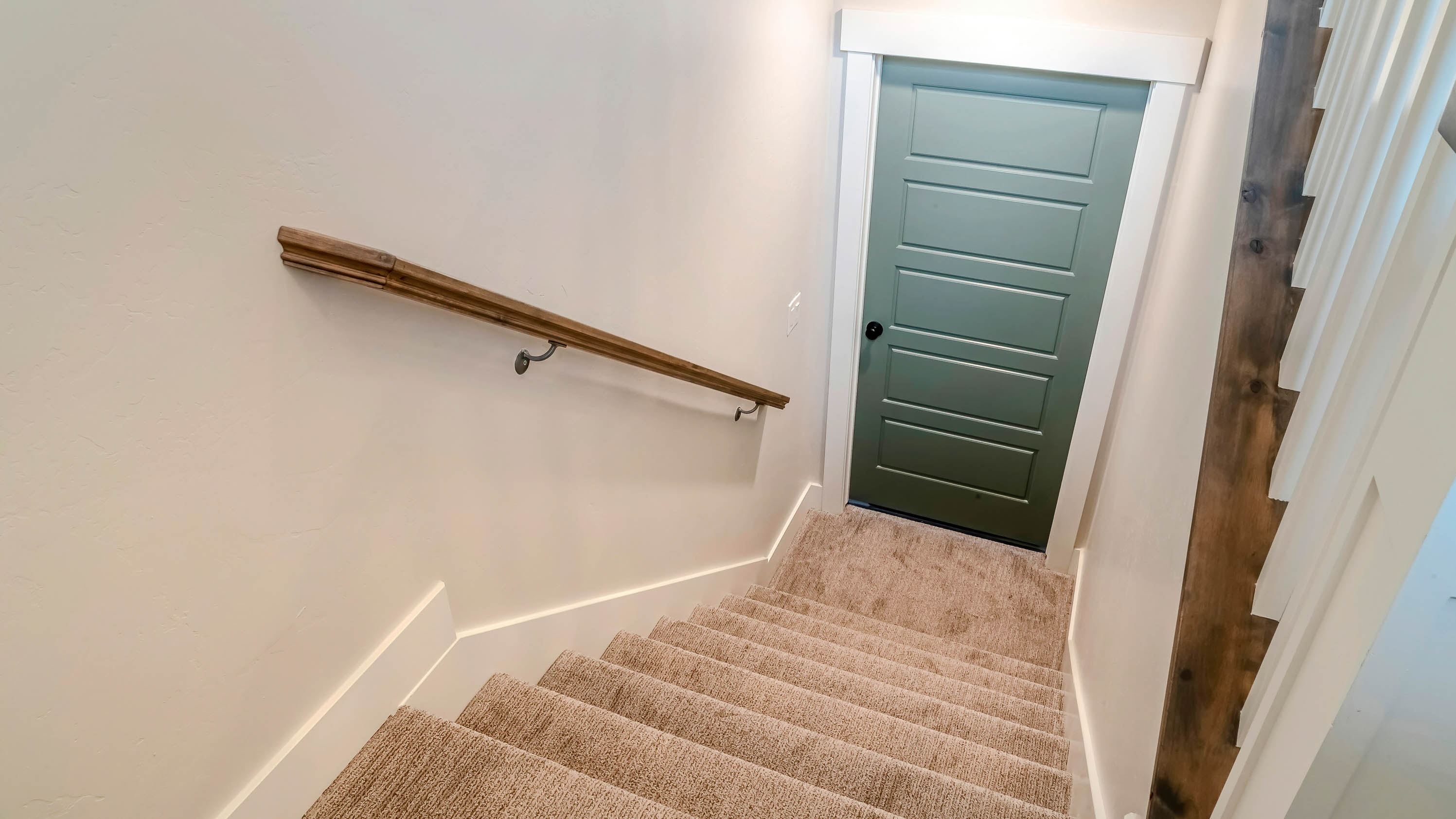
Here at Tom’s Guide our expert editors are committed to bringing you the best news, reviews and guides to help you stay informed and ahead of the curve!
You are now subscribed
Your newsletter sign-up was successful
Want to add more newsletters?

Daily (Mon-Sun)
Tom's Guide Daily
Sign up to get the latest updates on all of your favorite content! From cutting-edge tech news and the hottest streaming buzz to unbeatable deals on the best products and in-depth reviews, we’ve got you covered.

Weekly on Thursday
Tom's AI Guide
Be AI savvy with your weekly newsletter summing up all the biggest AI news you need to know. Plus, analysis from our AI editor and tips on how to use the latest AI tools!

Weekly on Friday
Tom's iGuide
Unlock the vast world of Apple news straight to your inbox. With coverage on everything from exciting product launches to essential software updates, this is your go-to source for the latest updates on all the best Apple content.

Weekly on Monday
Tom's Streaming Guide
Our weekly newsletter is expertly crafted to immerse you in the world of streaming. Stay updated on the latest releases and our top recommendations across your favorite streaming platforms.
Join the club
Get full access to premium articles, exclusive features and a growing list of member rewards.
The basement is a common place for many homeowners to store away unused items. From holiday decorations and old furniture to gadgets and keepsakes, it can often become the dumping ground for our clutter. However, you'll be surprised to learn there are just some things you should never store in the basement. In fact, incorrect storage will probably do more damage than good to your precious belongings.
Much like the reasons for things you should never store in the attic, basements are prone to fluctuating temperatures, and humidity throughout the year. As a result, damp conditions in the basement could destroy any valuable items stored there.
So, before you tackle the task of decluttering your home, here are common things you should never store in the basement. Just be sure not to make any of these decluttering mistakes while doing so!
Plus, here are 7 things you should never store in your garage, and 7 things you should never store in the shed — but probably are!
1. Old family photos or keepsakes
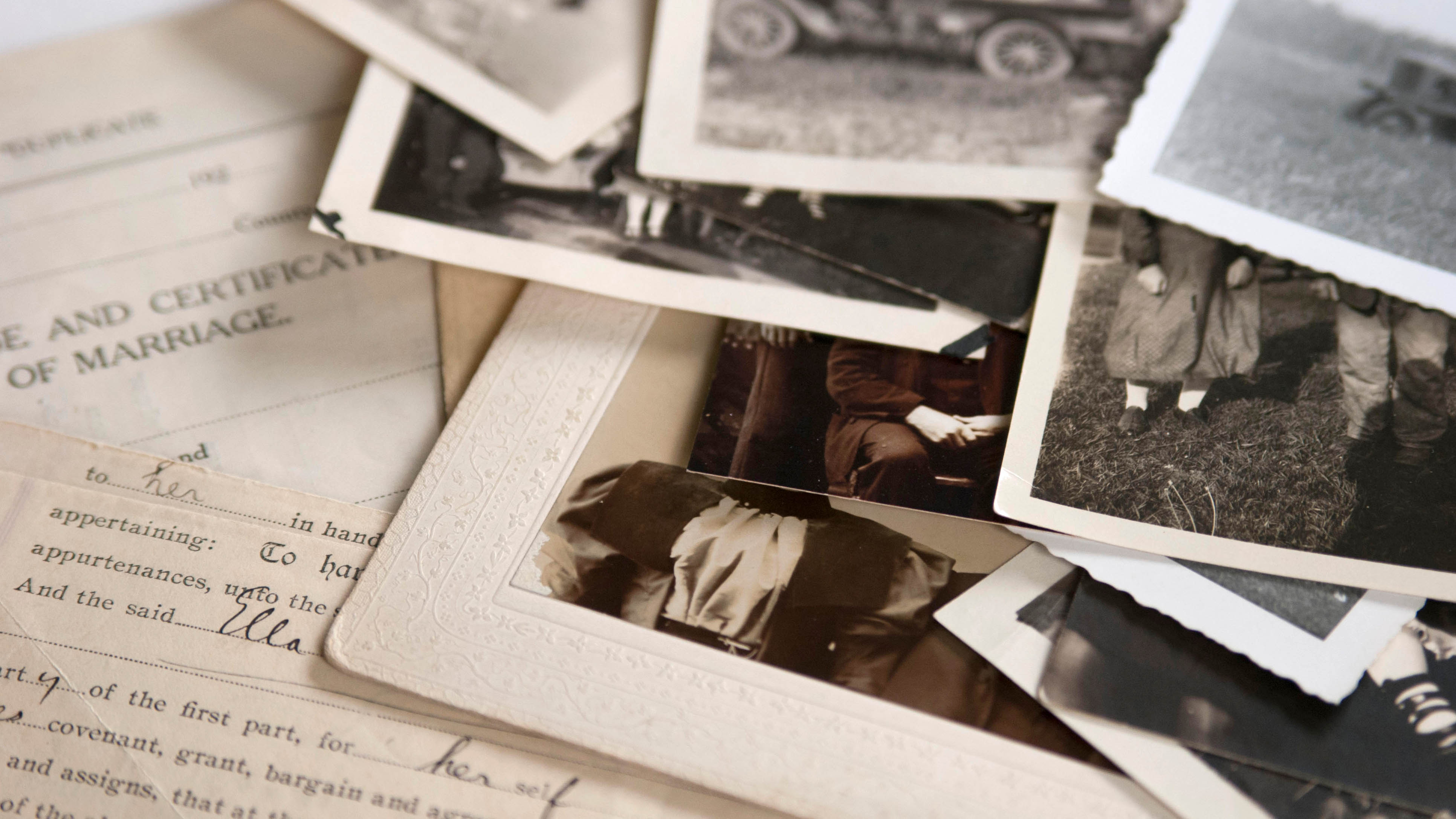
Whether you have family collectibles, documents or precious photo albums that you want to preserve, never store these in the basement. Big changes in humidity and temperature may ruin the prints or make photos stick together. If you want to preserve those vintage photographs or prints, be sure to store them in a waterproof box/container on a shelf in a dry area. Once moisture gets to them, these will be permanently damaged. So don’t risk it!
2. Books
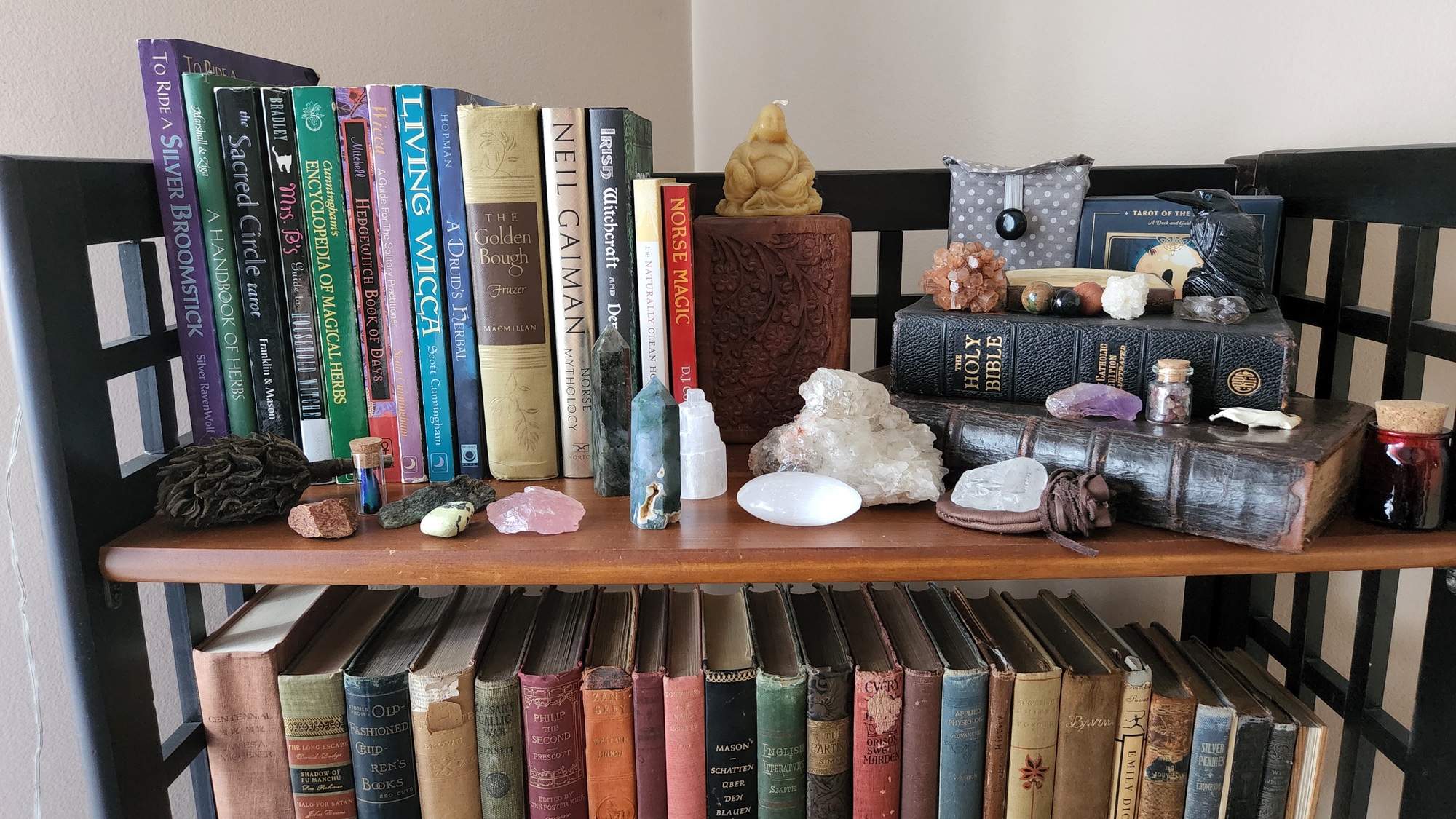
Similarly, if you want to hold on to your classic books, or simply lack bookshelf space for your growing collection, avoid storing books in the basement. Not only can the pages become discolored from traces of humidity, but can also attract silverfish.
Silverfish are tiny (and fast-moving) insects that thrive in dark, damp environments like basements and attics. They live on starchy substances, such as the glue that binds books, and are capable of destroying books, wallpaper, carpets and clothes with their droppings. In which case, you’ll definitely need to know how to get rid of silverfish fast. The best way to store books is in a cool, dry place, away from sources of heat and moisture.
Get instant access to breaking news, the hottest reviews, great deals and helpful tips.
3. Toys
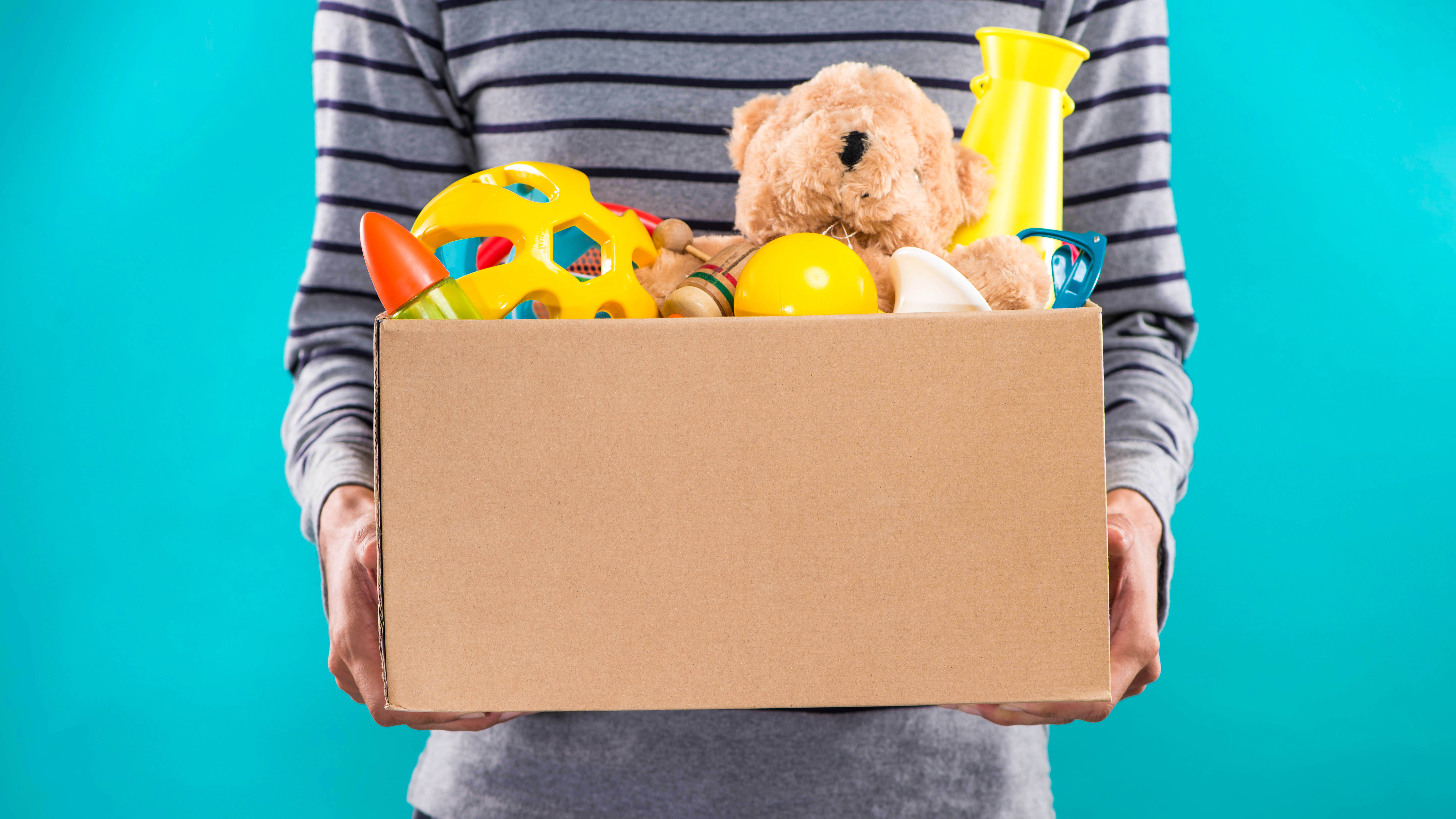
While the basement may seem like the obvious place to dump children’s toys — this is not a good idea. Plush toys, fabric-made dolls or any other stuffed toy are likely to attract dust mites, other types of insects, or even mice should they happen to find their way into the basement.
The same applies if you want to store any delicate or natural fabrics, which could attract moths. If you don’t want your favorite toys or winter sweaters ruined, make sure these are secured in airtight boxes/containers, and in a dry, cool place other than the basement.
4. Wooden furniture
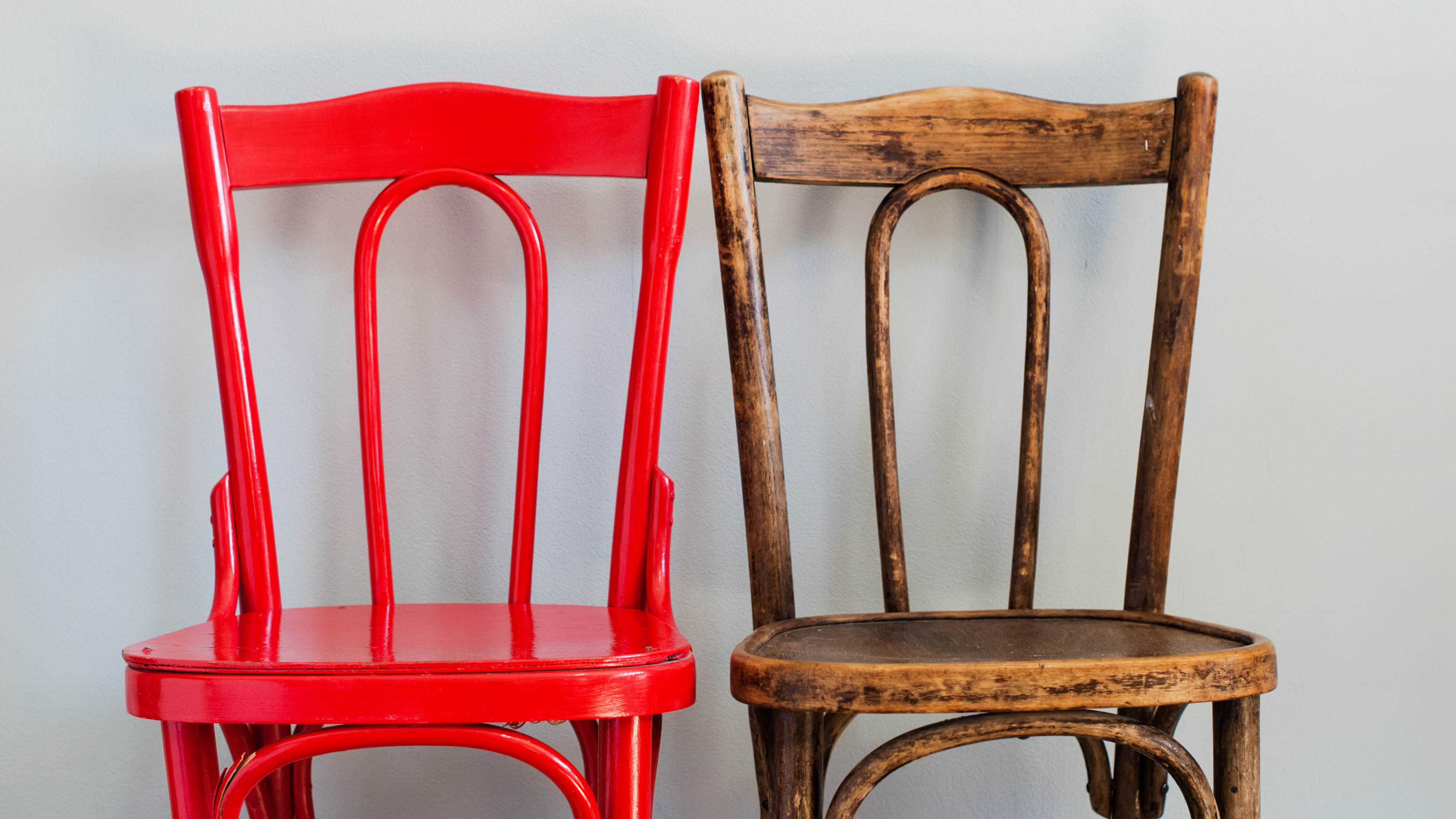
Whether you’re storing excess chairs or tables, or perhaps you want to restore/update antiques, wooden furniture should not be stored in the basement. Any moisture or condensation from your basement can cause wood furniture to crack or warp, especially if the wood hasn’t been treated. What’s more, damp conditions can lead to rotting wood, which could ruin your vintage pieces of furniture.
5. Rugs or carpet
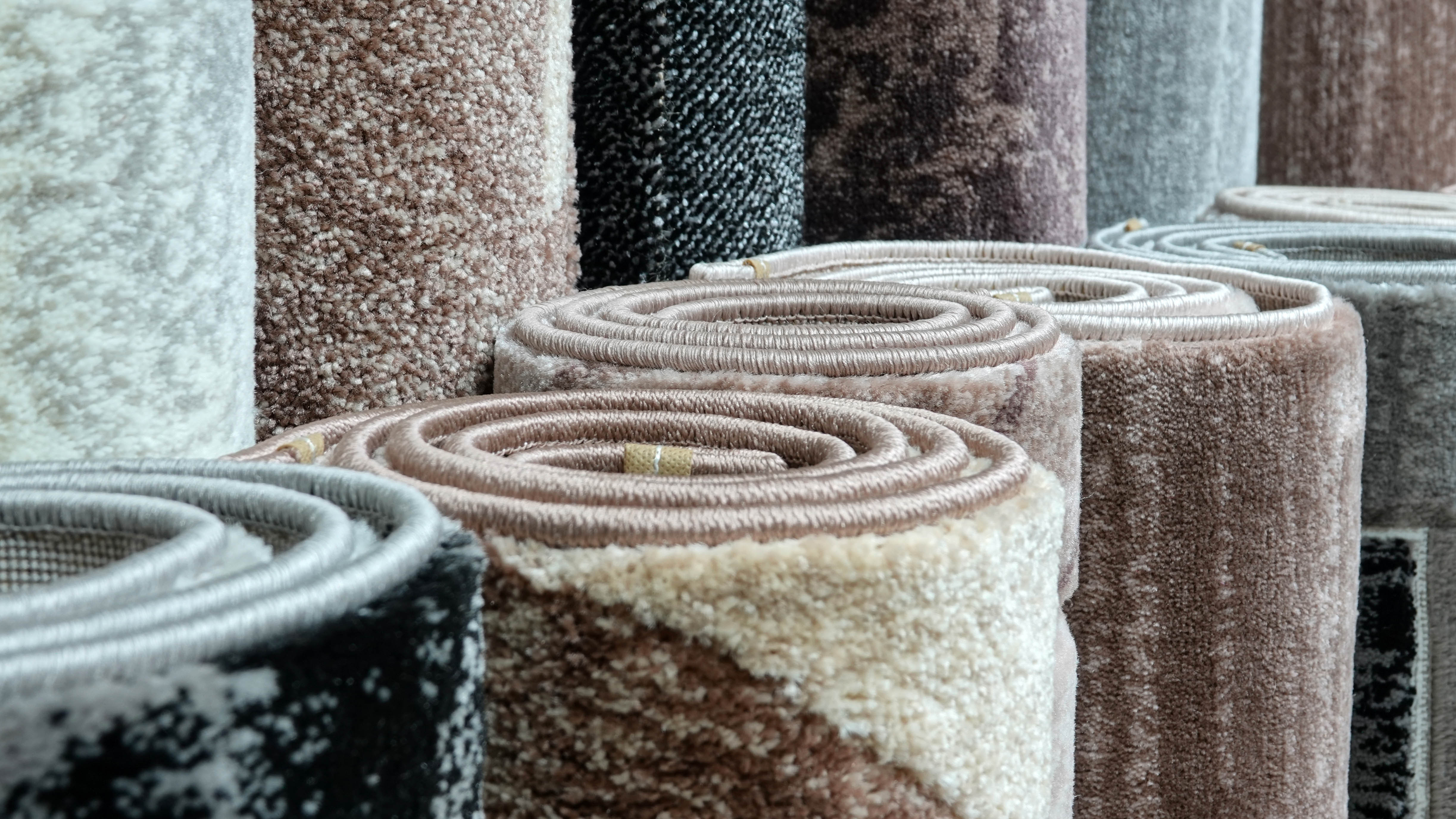
If you have rolled-up rugs or leftover carpet, avoid storing these in the basement. Not only can the humidity and moisture form mold spores or mildew within the fabric, but can also become a warm haven for mice and other pests!
Plus, don’t consider laying them out flat on the floor either, as moisture will seep through underneath. The best method is to wrap the rug in a protective plastic or sheet, before storing upright, and off the ground in a well-ventilated area.
6. Electronics
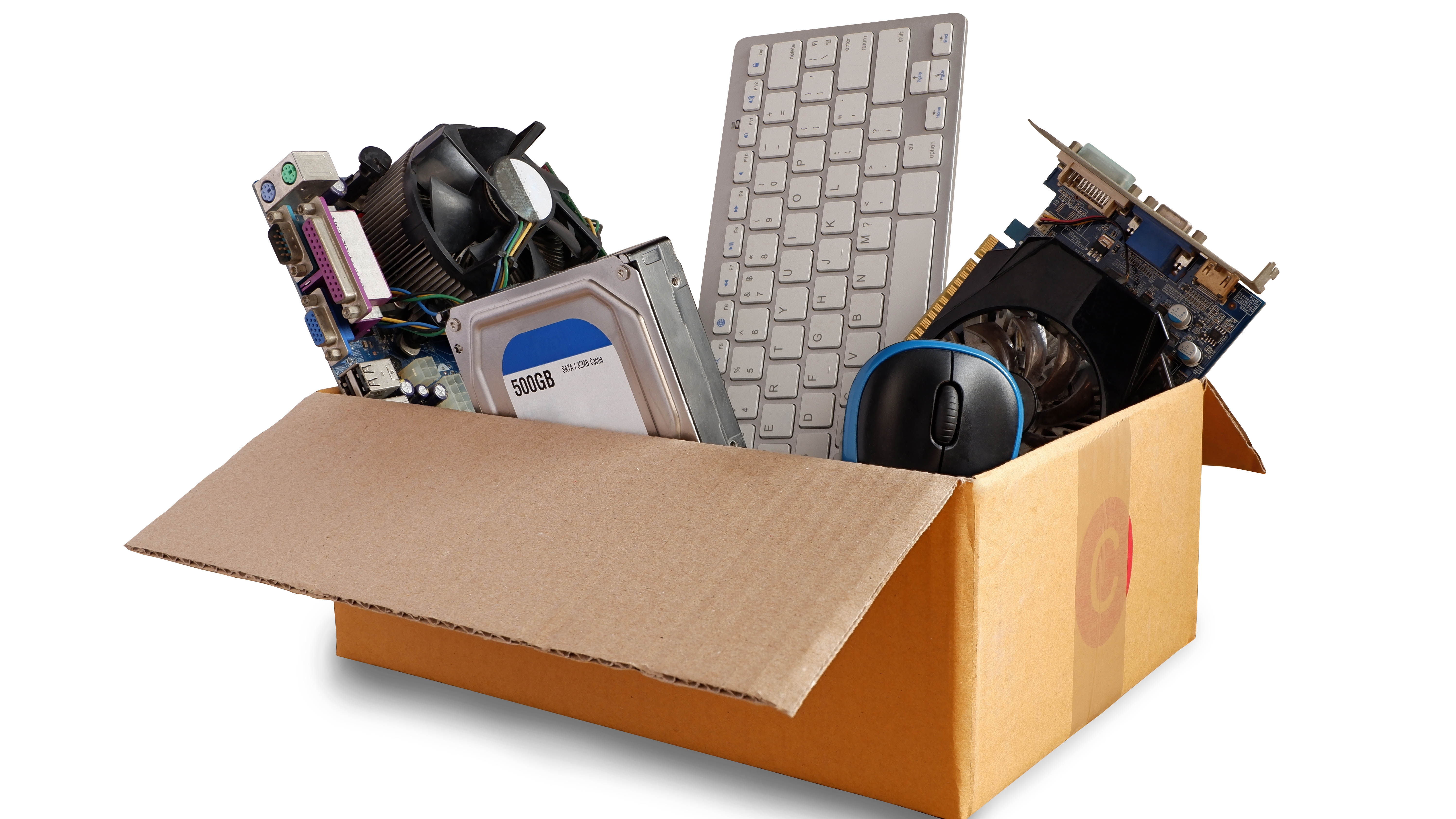
We’re always upgrading our electronic devices, and often stash old laptops, computers, games consoles or any other gadget into storage. However, storing electronics in a humid basement could cause them to overheat, or stop working altogether.
Instead, store old electrical items in a cool environment that is well-ventilated. Or better still, you can recycle, donate or sell old computers and devices. After all, what’s the likelihood that you’ll end up using them again?
7. Food supplies
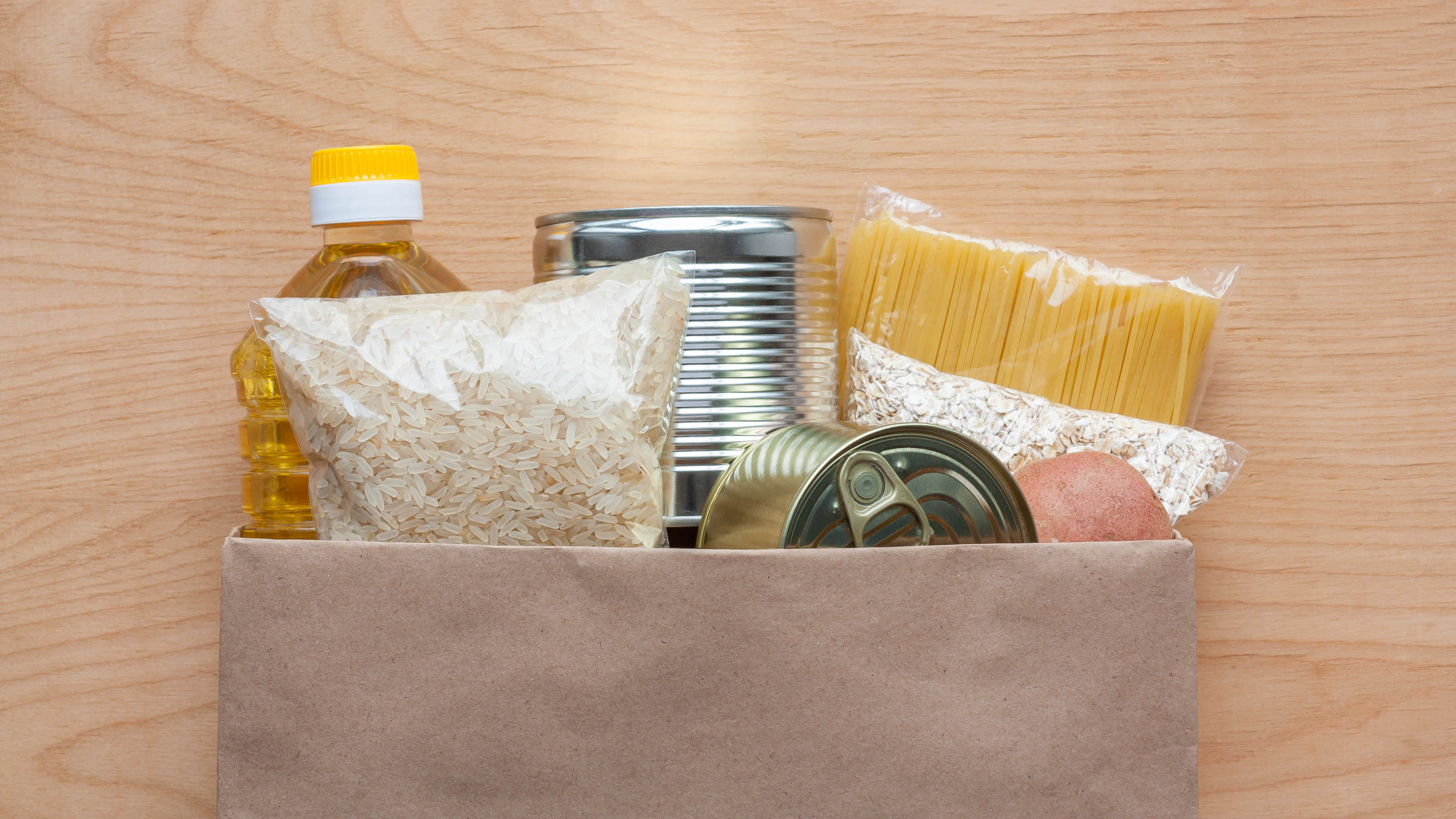
While it’s quite common for households to stockpile on pantry supplies, never store them on the basement floor. If not stored correctly, perishables can easily spoil from humid temperatures during warmer months. What’s more, the heat will essentially cook your tinned foods before you’re ready to actually eat them!
It’s best to always store tinned food, drink and other dried items in airtight containers or plastic bags, in a cool, dry area. Keep boxes off the ground by placing them on shelves or even pallets. This is also handy in the case of potential flooding, to avoid your food supplies from being damaged. More importantly, you don’t want to provide the perfect feast for mice or any other pests in the basement.
Things that you can store in the basement
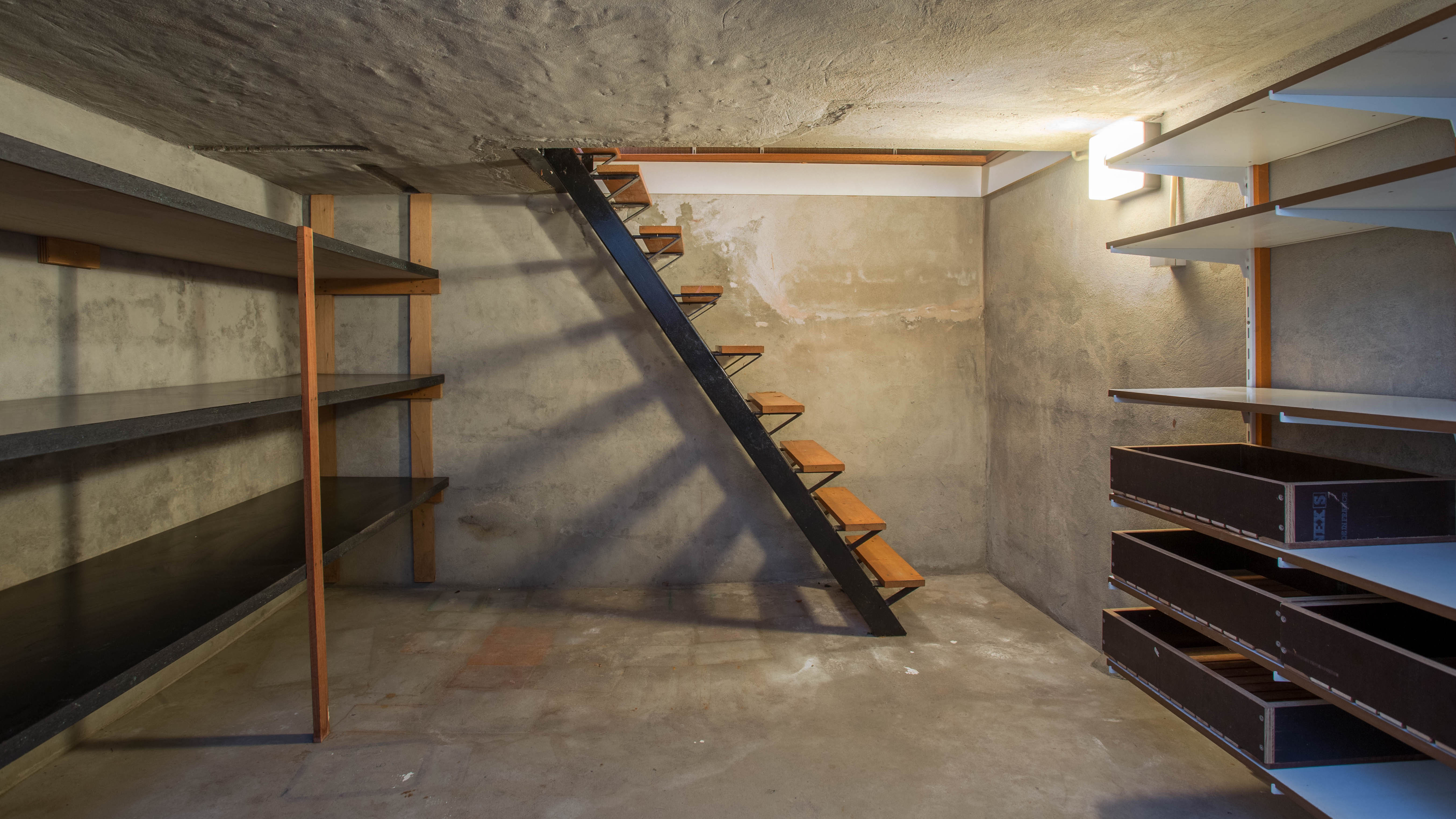
Hardcase suitcases — Travel luggage and bags can be stored in the basement.
Kitchen supplies — Pots, pans or any other cookware are resilient to extreme temperature change, and are fine to store in the basement.
Patio furniture — Outdoor or backyard furniture can be stored in the basement. These are usually designed from weatherproof materials, so can cope well with fluctuating temperatures.
Sports/outdoor equipment — Sports, camping or outdoor equipment tend to be durable and made from weather-resistant materials. These will also handle extreme temperature changes in the basement well.
If you want to avoid mold forming in your home, these 5 houseplants will help prevent mold. Also, knowing how to clean every room of your home will not only keep it spotless, but create a clean, minimalist space.
Plus, if your home is compact, here's how to make a small room look bigger.

As the Homes Content Editor, Cynthia Lawrence covers all things homes, interior decorating, and garden-related. She has a wealth of editorial experience testing the latest, ‘must-have’ home appliances, writing buying guides and the handy ‘how to’ features.
Her work has been published in various titles including, T3, Top Ten Reviews, Ideal Home, Real Homes, Livingetc. and House Beautiful, amongst many.
With a rather unhealthy obsession for all things homes and interiors, she also has an interior design blog for style inspiration and savvy storage solutions (get rid of that clutter!). When she’s not testing cool products, she’ll be searching online for more decor ideas to spruce up her family home or looking for a great bargain!
 Club Benefits
Club Benefits










